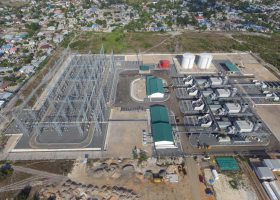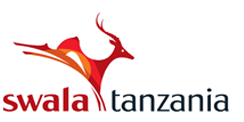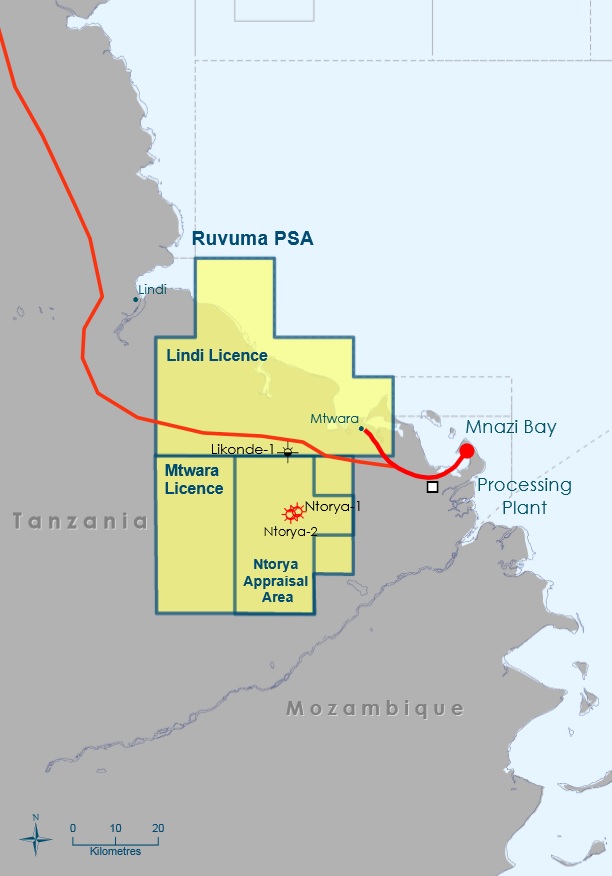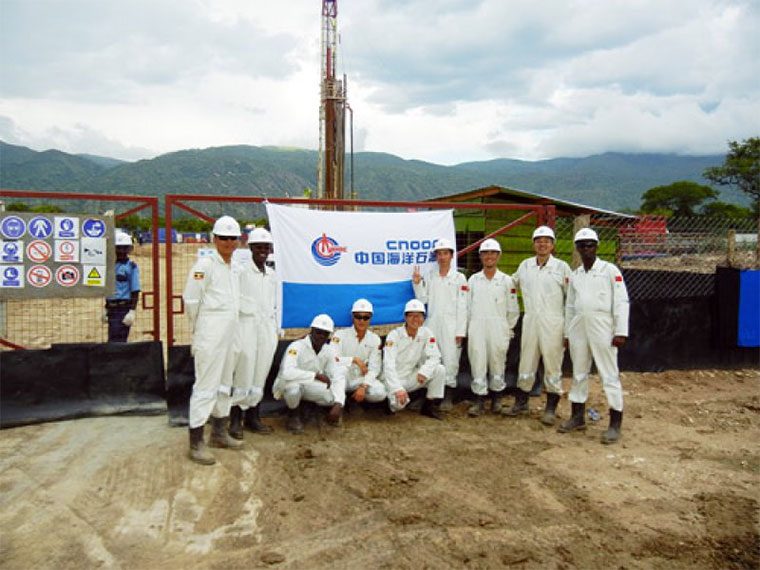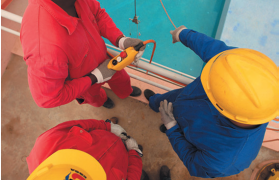
Oil and gas activities, such as pipeline construction and extraction of oil and natural gas, create thousands of direct and indirect jobs in Tanzania and East Africa.
But when people search for job in the oil and gas sector, they use trial-and-error methods. Most people don’t succeed with this approach.
This article looks at a variety of strategies being used to find jobs in oil and gas companies.
Each of the strategies comes with different advantages and drawbacks. In this article, I’ll give you an overview of the pros and cons of each strategy.
I will show you the strategies that work, so that you can apply them in your job search.
You’ll find this article resourceful if you’re currently employed but looking to switch jobs, if you’ve lost your job, or even if you’re a college student interesting in jobs in the industry.
The strategies work whether you’re looking for a job in the proposed East African Crude Oil Pipeline project or you’re looking for opportunities in oil and gas companies operating in Tanzania.
The following are the strategies for searching for job in the oil and gas industry.
*1. Through Recruitment Agencies.*
These are agencies that place qualified candidates for a job opening in a company looking to employ. They are also called *staffing or employment agencies.* These agencies receive commission when they successfully direct candidates to employers.
Recruitment agencies focus on meeting the demand of the employer but not necessarily to find a suitable job for you. Their goal is to make the employer happy.
Don’t get me wrong. I’m not against using the service of these employment agencies-they do a good job linking qualified candidates to the oil and gas labor market. But the point I want to make is that these agencies are more suitable for the experienced and the professionals. If you have some years of experience in the industry, you may use the service of these agencies in your job search.
Seeking a job through recruitment agencies is not a good choice for an entry-level job seeker. If you’re inexperienced, I will strongly suggest you forget about recruitment agencies.
Be aware that there’s an increase in the number of bogus recruitment firms, and they usually advertise jobs opening online, asking you for payment and promising jobs in prestigious oil and gas companies or projects such as the East African Crude Oil Pipeline (EACOP) project.
Most victims discover too late that the jobs they have been promised do not exist. Legitimate recruitment agencies do not ask candidates to pay. Instead, they earn commission from the employers. You should obtain sufficient information on the recruitment agencies before making a commitment.
2.Online Ads and Newspapers.*
These are job opportunities announced in the newspaper or online magazines.
Many job seekers rely on this method. They search online job sites and/or read a number of newspapers. Once they find job adverts, they send their resume and cover letter hoping the human resource manager will call you back. And they send applications to hundreds of oil and gas companies.
The sad thing is that they get no reply.
It can be discouraging. Getting a job in the oil and gas sector using this approach is a bit frustrating because it attracts thousands of applicants and put you in fierce competition.
In other words, even if you have a good qualification, your chances of getting an interview is slim. If you’ve been spending your precious time and energy on this approach, you’ll be better off reducing it drastically.
*3. Networking.*
Career counselors suggest that you can find a job in any oil and gas company if you know someone significant in the company or at least someone who can introduce you to the prospective employer. This person may be one of the company’s business partners or a top-ranking employee of the company.
Here’s how they suggest you do it.
You reach out to 15 people who you already know and who are capable of introducing you to 3 people each.
So, you’ll have 3 new contacts in 15 places. That’s 45 people. Ask these 45 people to introduce you to 3 people each also. That’s 135 new contacts. Regarding this, the belief is that you will have all the contacts in the industry someday.
Honestly, this approach does not work well as they suggest. Some people won’t be in the position to introduce you to anybody.
If you decide to use this approach, start with people you already know personally. Tell your friends and family that you’re looking for contacts in the oil and gas industry. Reach out to your old schoolmate or your phone contacts. If you do that, you’ll at least get a few contacts.
The oil and gas industry is a “personal-contact industry.” Networking leads to information and job leads, often before formal job description is posted on newspapers or online magazines.
Proper networking will go a long way in ensuring you successfully find s job.
*4. Direct Contact.*
This is the best and most effective strategy of all. Career counselors rate the direct method as the key approach to getting a better job in oil and gas companies. This method works in the real world in every sector.
Direct contact means you’ll introduce yourself to the prospective oil and gas employers. The reason this approach is more effective is because it puts you closer to decision makers in the companies that build trust, relationship, and give you a job.
This approach makes you stand out from other job seekers who rely solely on newspaper ads or on trial-and-error methods.
*Which Strategies Should I Apply?*
If you’re looking to get employed in oil and gas companies in Tanzania, the best methods to seeking for a job are:
1. Direct contact. This is actually the best.
2. Networking. This most often lead to making direct contact.
Recruitment agencies may be useful for the experienced and the professionals, but online ads and newspaper announcements are one of the worst methods of getting the jobs.

